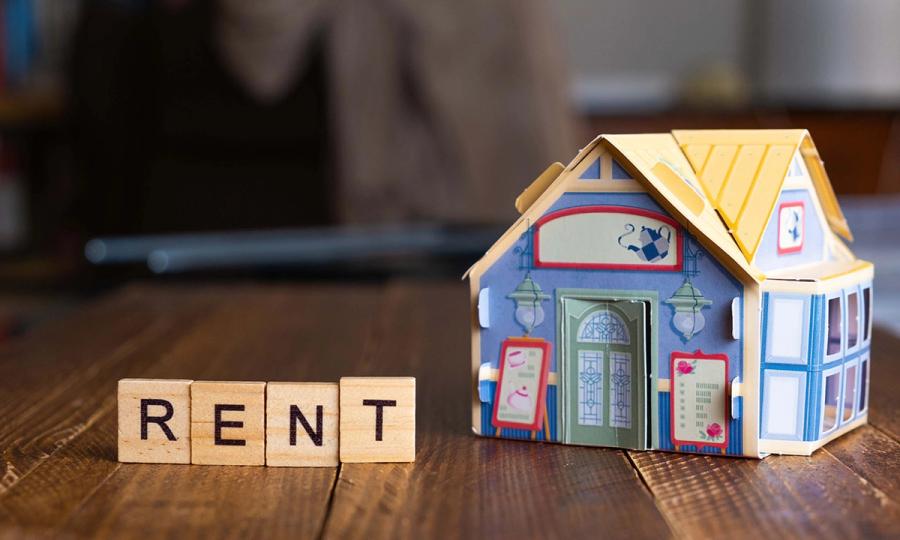
Investing in rental properties can be an excellent source of income and a long-term investment strategy. A well-managed rental property can provide property owners with a steady income stream, tax advantages, and the potential for appreciation. However, several critical factors must be considered before investing in a rental property. In this Home Title Lock Review, we will explore everything you need to know about investing in rental properties, including the benefits, types of rental properties, and how to achieve success in this industry.
What Is A Rental Property?
A rental property is a real estate investment purchased to rent it out to tenants. Rental properties can range from single-family homes to multi-unit apartment buildings. Landlords are responsible for maintaining the property, finding and managing tenants, and collecting rent payments. The primary goal of investing in a rental property is to generate passive income over an extended period.
Why Are Investment Properties Popular?
The real estate industry has provided some of the most consistent returns over the years, and rental properties are no exception. Owning rental property provides investors with several benefits:
1. Passive Income
One of the most significant advantages of owning a rental property is the passive income stream it provides. Rental income can cover the expenses associated with the property, and the extra income can go toward other investments.
2. Tax Benefits
Rental property owners are eligible for several tax write-offs, including deductions for property repairs, maintenance, and mortgage interest.
3. Appreciation
Rental properties often appreciate over time, providing the potential for long-term wealth building.
The Different Types Of Rental Properties
Before investing in a rental property, it’s essential to understand the different types of properties available. Some popular rental property options include:
1. Single-Family Homes
A single-family home is a traditional rental property with one rental unit. These properties are considered the most straightforward rental property investment and provide a steady income stream.
2. Multi-Unit Properties
Multi-unit properties contain more than one rental unit in a single building. These properties offer higher cash flow than single-family homes but require more management skills and associated costs.
3. Vacation Rentals
Vacation rentals are short-term rental properties with higher income potential. However, they have more management challenges, including rental periods and guest turnovers.
4. Commercial Properties
Commercial properties are rented out to businesses. These properties include office buildings, warehouses, and retail spaces. Commercial properties require significant capital and management expertise.
Cons To Consider
While rental properties offer investors several advantages, they also have some potential drawbacks. Here are some of the cons of investing in rental properties:
1. Management Challenges
Owning a rental property requires management and upkeep, including advertising for tenants, maintaining the property, and managing tenant turnover.
2. Financial Risk
Rental properties require significant upfront capital, and rental income can be affected by economic changes, the property market, or tenant vacancies.
3. Liability
As a landlord, you are responsible for the safety and well-being of your tenants. It can lead to legal and financial issues if a tenant is injured on the property.
How To Succeed In Rental Property Investment
Investing in rental properties requires careful consideration and planning. Here are some steps to consider when investing in rental properties:
1. Research The Market
Research the local market before selecting a rental property, including property values, rental incomes, and vacancy rates.
2. Evaluate Potential Properties
Before purchasing a rental property, evaluate the potential returns; calculate the potential rental income and expenses associated with the property.
3. Manage The Property
Managing a rental property involves advertising for tenants, screening tenants, maintaining, and collecting rent. Consider hiring a professional property management company to handle the property’s day-to-day operations.
4. Be Prepared For Emergencies
As a rental property owner, you are responsible for emergencies that require immediate attention. Have a plan in place for potential issues that could arise.
5. Treat It As A Business
Owning a rental property is a business venture and should be treated as such. Develop a business plan, set realistic financial goals, and track expenses and income.
Final Thoughts
Investing in rental properties can be a rewarding long-term investment strategy, providing passive income streams and the potential for appreciation. However, it requires careful consideration, research, and ongoing management and maintenance. After reading this Home Title Lock Review, it is clear that to succeed in the rental property industry, investors must understand the market, evaluate potential properties thoroughly, manage property investment well, be prepared for emergencies, and to treat it as a business.
Link: https://nvweekly.com/investing-in-rental-properties-what-you-need-to-know/